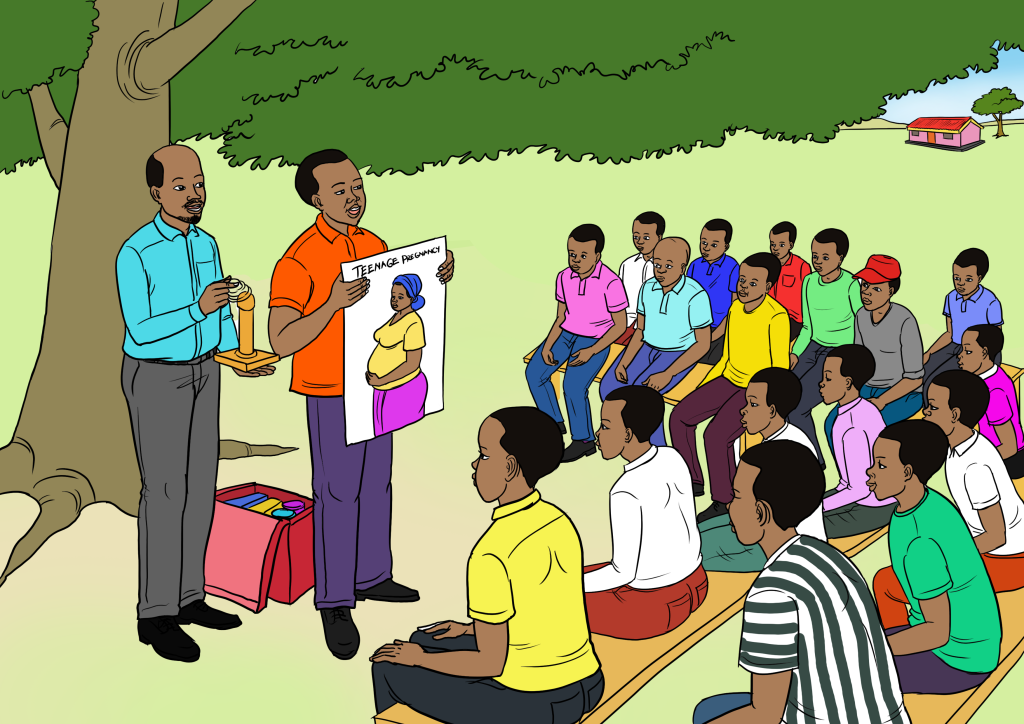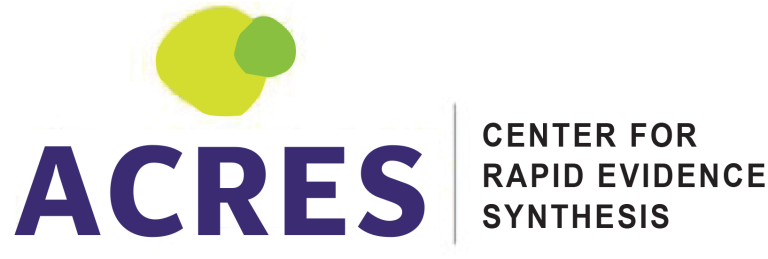
The Kamuli district health office, education department, and implementation partners requested ACRES in 2022 for evidence on “How to involve males in reducing and preventing teenage pregnancy in the communities of Kamuli?” The evidence included opinions, perceptions, knowledge, and programs primarily limited to adult males from contexts dissimilar to the Kamuli district.
ACRES organised citizen panels to explore the males’ lived experiences, views, and knowledge to ensure that the evidence was context-sensitive and specific to the males in Kamuli District. The males were organised into two groups, in and out of school, and two panels were held for each.
The first panel explored males’ views, lived experiences and knowledge about teenage pregnancies. The second panel introduced the citizens to the evidence in a pictorial format. It sought to identify effective programs involving males in preventing teenage pregnancies and, thereby, the facilitators and barriers to the programs.
Summary of the findings
The participants stressed that the issue of teenage pregnancy affects females and males.
- The participants highlighted that the issue of teenage pregnancies comes with a lot of stress and depression. Some youths run away from homes or do outrageous because of the fear of the responsibilities of the pregnancy.
- Death. During delivery, some girls lose their lives because of pregnancy and childbirth complications due to their young age. Upon finding out they are pregnant, some girls hide, abort using unprofessional procedures, and consequently die.
- Pregnancy-related complications include fistula due to their immature bodies.
- There are also negative social consequences, such as rejection by their partners or parents. Negative social consequences such as isolation, stigma and rejection from the community lead to anxiety, stress and depression.
- Drop out of school. Most pregnant girls drop out of school and are left with few options, such as getting married or sitting at home.
ACRES leveraged illustrations to break down barriers and facilitate citizen engagement, ensuring a more diverse range of voices and perspectives in the panels.


